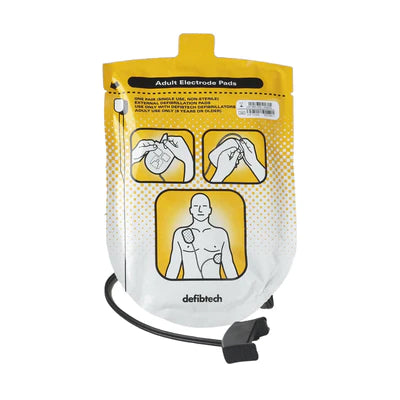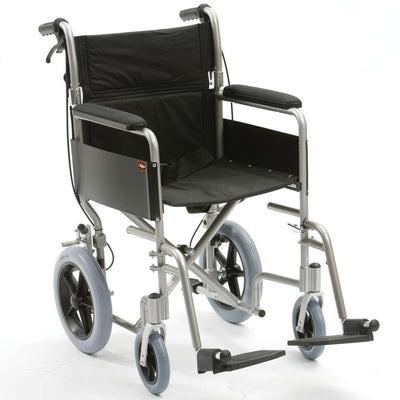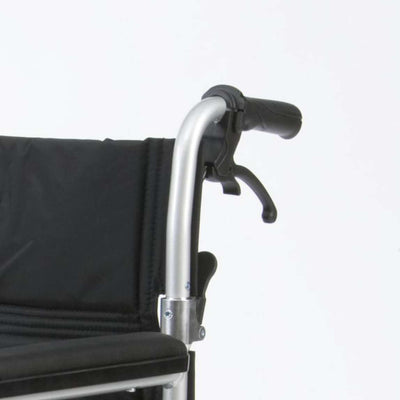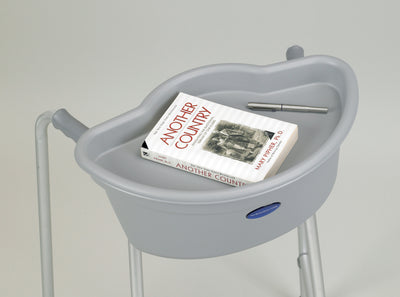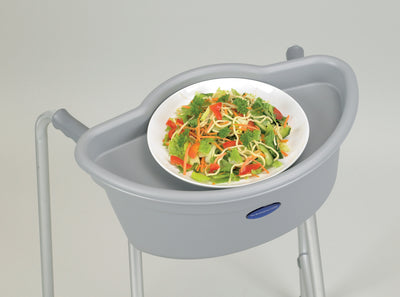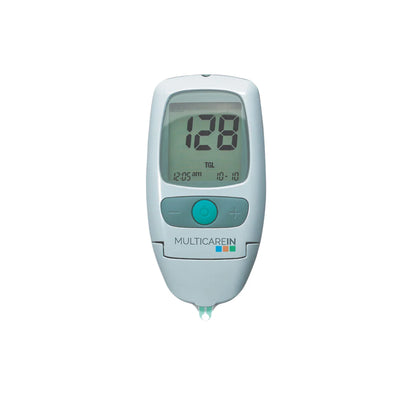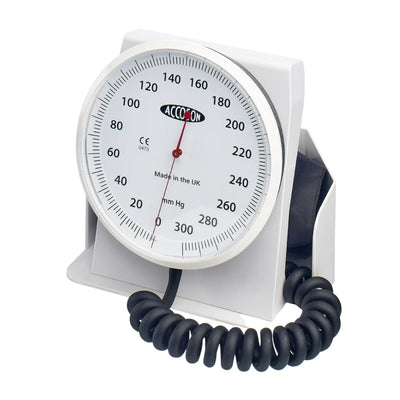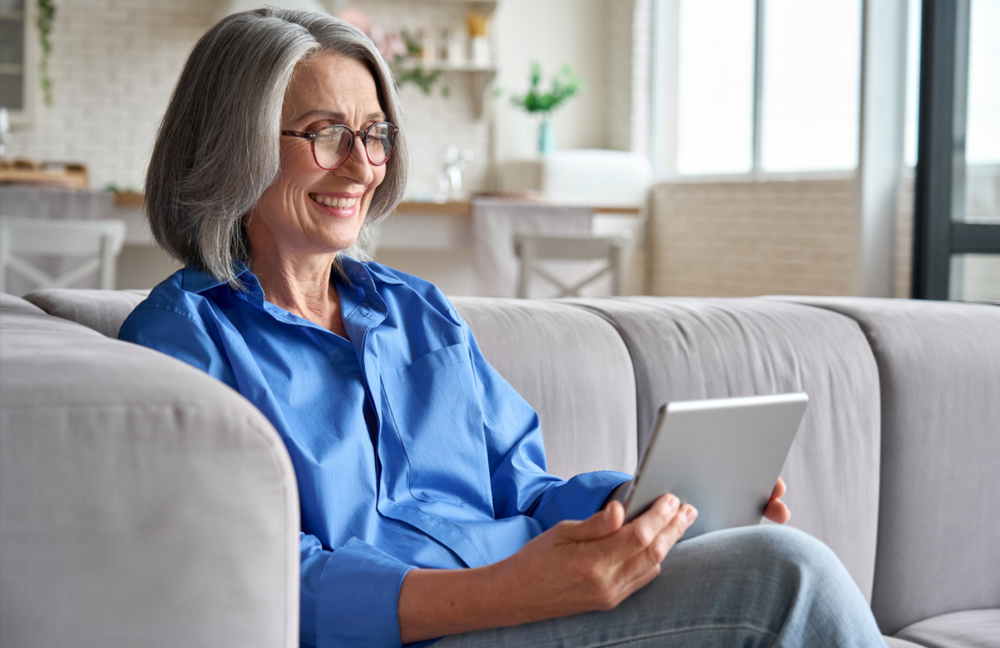Video conference calls - love them or loathe them, in this past year they’ve moved out of the board room and straight into our private homes and everyday lives. Now, a new study has revealed that these online forums and conferencing facilities are, in fact, pretty good for our health, especially as we age.
The health benefits of Zoom calls
In a year where we’ve been staying at home to save lives, the Zoom call/online conference call has provided a lifeline for many of us to keep in touch with family, friends and colleagues around the world. Quiz nights, book groups, work calls, family ‘gatherings’ and even GP consultations have all moved online and have shown some surprising benefits for our health.
Loneliness
Where loneliness and isolation could have been an inevitability for so many during this Covid pandemic, the ability to keep in touch with others across the internet has bolstered social interactions and helped to stave off some of the mental and physical health issues associated with being lonely.
Dementia
A recent study has shown that older people who have adopted this new online technology could inadvertently be helping to ward off dementia and other complications associated with forms of Alzheimers.
Researchers have found that older people who frequently use online communication alongside traditional social interactions in person or over the phone showed less of a decline in episodic memory – the ability to recollect meaningful events, the impairment of which is a sign of major forms of dementia.
The 15 year-long study looked at the impact of using various types of communication forms in over 11,000 people aged 50 - 90 years old and found that those who used only traditional methods of communication like face-to-face chats and telephone conversations experienced a greater decline in their memory than those who also adopted social activity online.
Does Social Media keep you young?
The study looked at the use of other types of online activity including the use of social media platforms, and found that older people who regularly use Facebook, Instagram etc offer themselves more protection against memory decline than those who don’t. Professor of the study, conducted at the Geller Institute, Snorri Rafnsson called on older people to wholeheartedly embrace as many new forms of technology as they could, saying that the more new platforms they adopt the better chance they give themselves of protecting against Alzheimers and dementia.
“It is fair to say that all the Zooming that went on during lockdown might well have provided older people with a protective cushion against dementia,” he said. “I’m sure it did have a beneficial impact on older people.” Snorri Rafnsson, associate professor of ageing and dementia care at the Geller Institute.
Are you ready to go online?
So, perhaps it’s time to open that Facebook account or show the youngsters how to shine on TikTok!
Not sure where to start? There are many great resources to help support you with new technology - why not ask at your local library or get in touch with one of the great charities like Age UK to sign up for a course?
You could even follow us on our social channels for lots of great information on ageing, medical care and general health and wellbeing tips. Follow us on Twitter and Facebook and don't forget to read our other great health blogs!
Need more help to improve the disabled access to your business? We're always here to help so get in touch today.
For all your Medical and Homecare supplies give us a call at Mediworld.
We have over 40 years experience in medical, surgical, mobility and home health supplies and we're always on hand to chat if you need support or advice.


